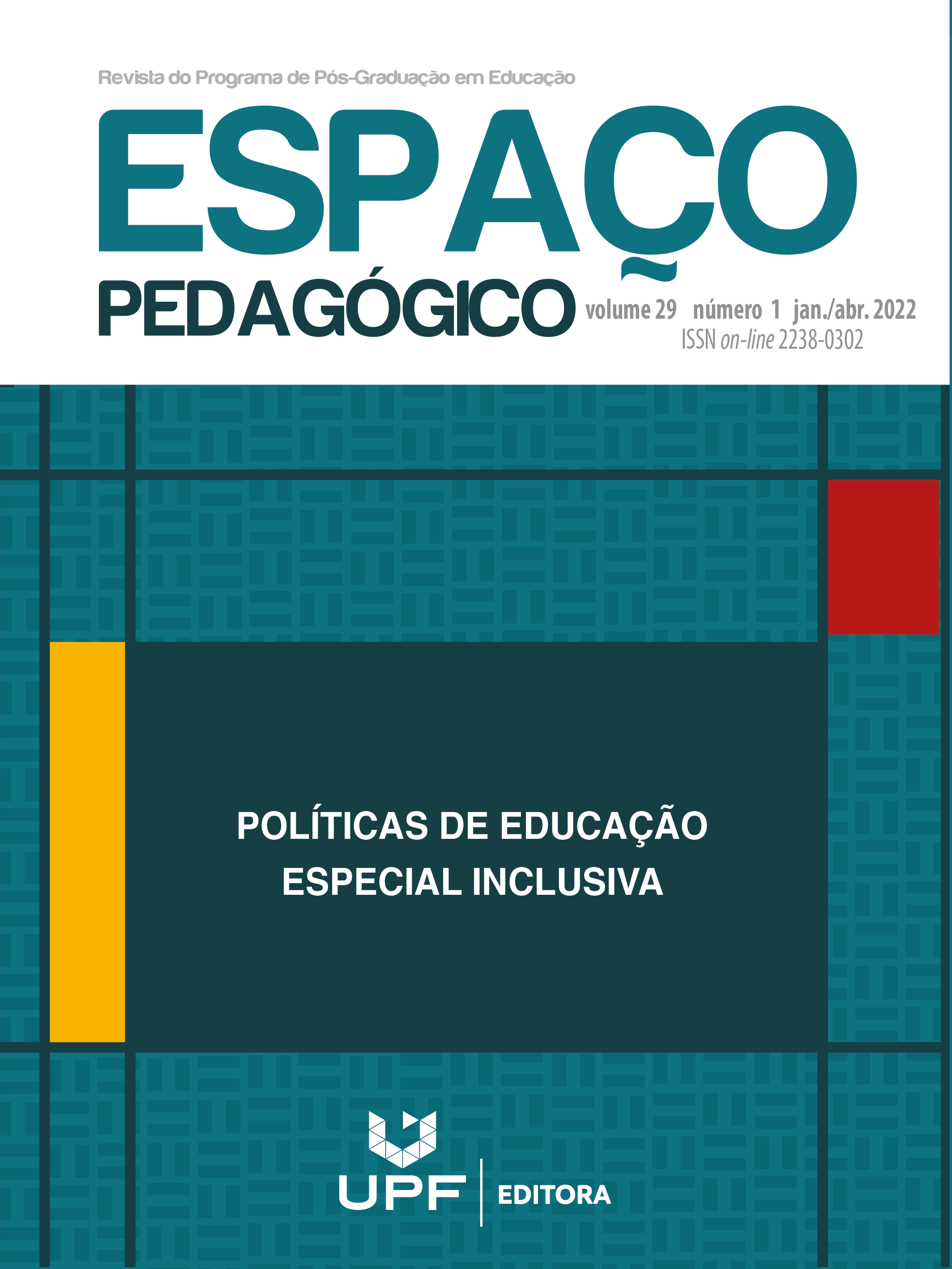Slippages in modes of exclusion and the emergence of capacitism
DOI:
https://doi.org/10.5335/rep.v29i1.13442Keywords:
Ableism; secretion; real productionAbstract
This essay discusses the construction of the abnormality/normality categories from which segregationist practices are constituted and validated. For this analysis, we used Michel Foucault's theoretical framework in dialogue with the short story O alienista by Machado de Assis. Such concepts are intertwined with the history of madness and special education. Classification practices are understood as a way of indicating who can or cannot circulate socially. In this context, ableism is evidenced as a prejudice against people with disabilities, being produced from the comparison with bodies considered capable of meeting the current modes of capitalist production. This social construction of disability is taken for granted, and is present in the school context through the exclusion of students with disabilities, sent to segregated spaces. Michel Foucault points to the social structures that are reiterated by slipping in modes and forms, making it necessary to create gaps in these discourses, so that the production of difference can emerge.



